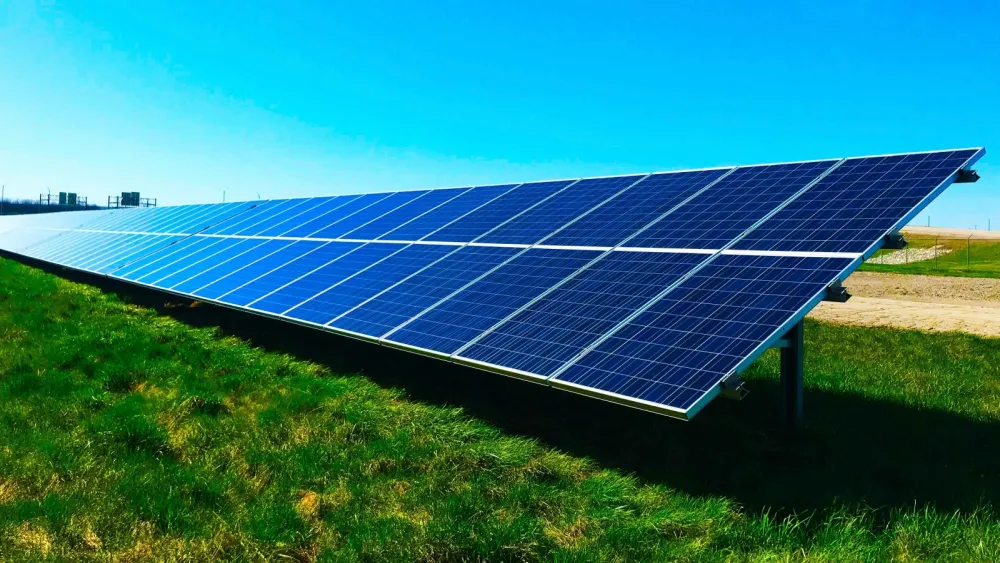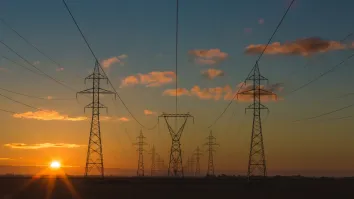South Korea's fossil fuel dependence raises power costs
High reliance on LNG and slow renewable transition inflated electricity bills, impacting competitiveness.
South Korea’s energy landscape is marked by an over-dependence on imported fossil fuels, which has led to surging electricity costs and undermined the nation's competitiveness on the global stage.
Michelle (Chaewon) Kim, an Energy Finance Specialist at IEEFA South Korea, explained that this reliance is primarily due to historical energy policies aimed at securing fossil fuels for economic stability and affordability.
According to Kim, "South Korea historically lacked abundant natural resources and imports about 96% of its energy supply, focusing heavily on fossil fuels, which accounted for 63.6% of the nation's power generation in 2022."
She pointed out that this percentage surpasses both the global and OECD averages, indicating an unusually high dependency.
The transition to renewable energy has been sluggish, despite ambitious goals outlined in South Korea’s Nationally Determined Contributions (NDC). The targets include reducing fossil fuel usage in the power sector to 23.7% and increasing renewable energy to 3.6% by 2036. As of 2023, fossil fuels still comprised 58.5% of the power mix, while renewable sources made up just over 9%.
Kim emphasised the economic implications of this dependency, stating, "The high share of LNG at 26.8% makes LNG price spikes a key determinant of the wholesale electricity prices, pushing up the costs dramatically. A swift transition from fossil fuel-centric generation to carbon-neutral and renewable energy could have mitigated the surge in electricity costs we've seen since 2022."
She further illustrates the financial repercussions on South Korea's state-run power utility, KEPCO, which faced unprecedented financial instability due to the energy crisis exacerbated by external factors like Russia's invasion of Ukraine and internal challenges such as the lack of a competitive power market structure.
"In 2023, KEPCO’s debts reached 202.5 trillion Korean Won," Kim added, pointing out that the reliance on expensive LNG-fired power plants and regulated power price mechanisms are major contributors to this financial strain.
To address these challenges, Kim suggested several strategies in the report by IEEFA. These include reducing reliance on fossil fuels, reforming power pricing mechanisms to reflect actual costs, and accelerating the transition to renewable energy. This shift not only aims to mitigate rising power costs but also to meet decarbonization goals more effectively.
Furthermore, the slow transition to renewables is impacting South Korea's competitiveness. The country faces increased costs related to climate and environmental tariffs, trade barriers, and limited access to capital, all consequences of delayed renewable energy deployment.
"By not transitioning more quickly, South Korea may miss out on significant cost reductions for power generation, which are increasingly at cost parity with conventional energy sources," Kim explained.



















 Advertise
Advertise







Commentary
What a $635b investment push could mean for India’s refineries and thermal power plants